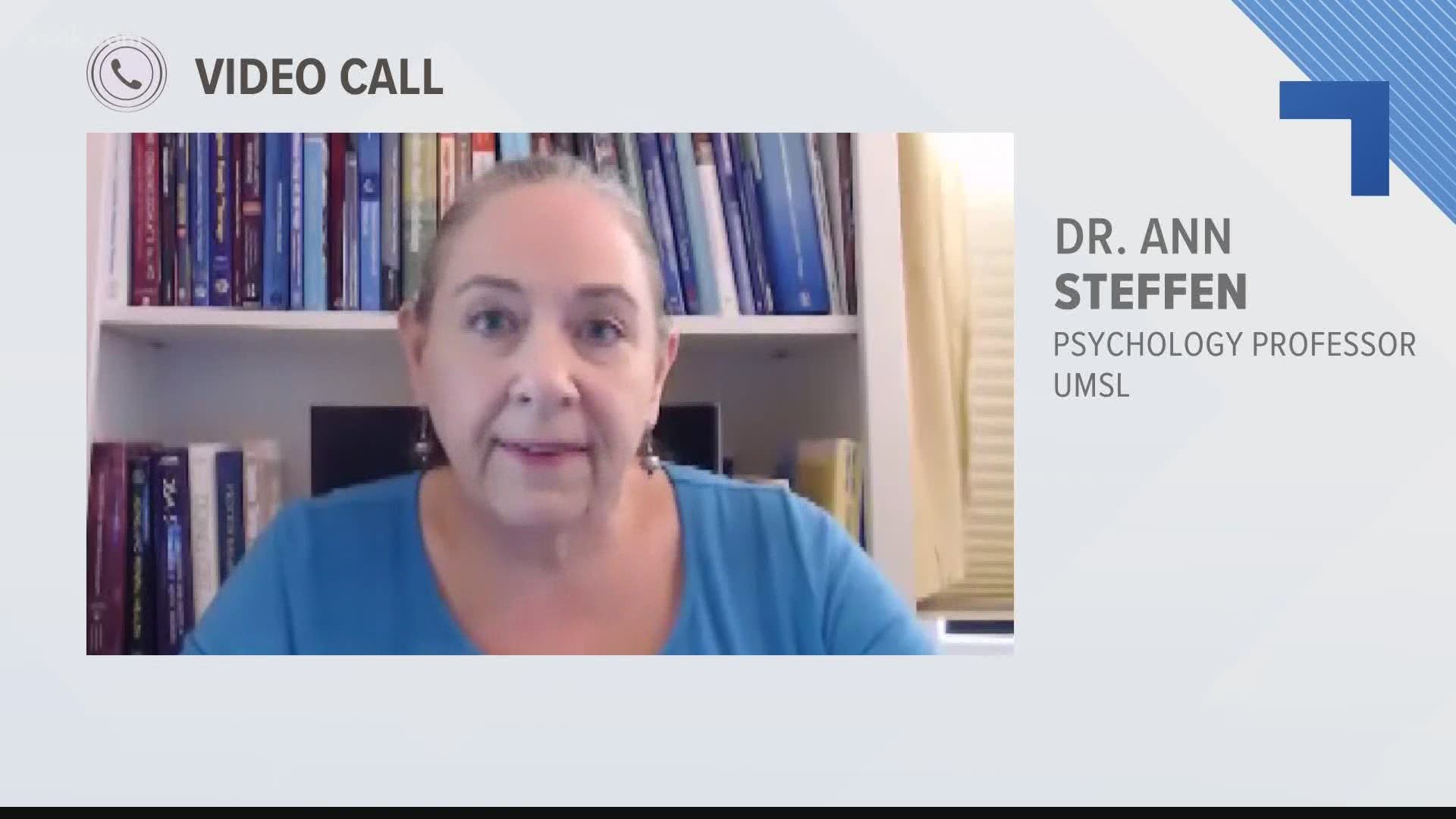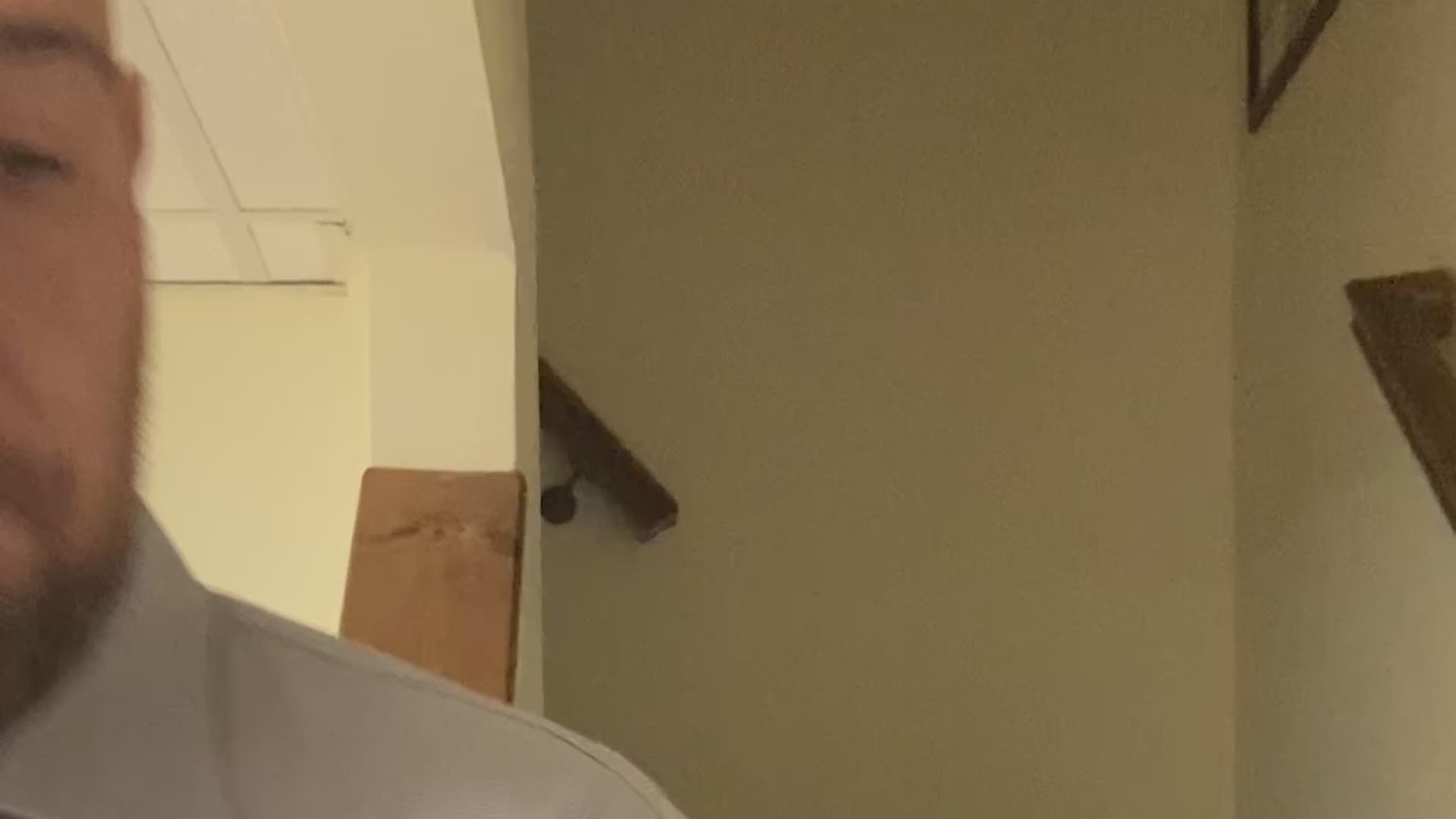ST. LOUIS — COVID-19 survivors can face a lot of issues during their recovery.
UMSL is now offering virtual psychosocial rehabilitation groups for individuals 50+ who were hospitalized with COIVD-19.
Dr. Ann Steffen, an UMSL professor in the department of psychological sciences says, "We’re first in the St. Louis area that we know of. We've had individuals whose hospitalizations were over a month. And some that were short as a week or two weeks."
They developed this evidence-based rehab approach is based on communications with colleagues from Johns Hopkins School of Medicine, building from programs developed for patients experiencing Post-Intensive Care Syndrome (PICS).
Those experiencing PICS may have seen difficulties with breathing.
"The oxygen levels that we have that our lungs need also influence our brain functioning. Our brains need oxygen to both function well and to be alert," Dr. Steffen says.
Using this information, they've learned survivors are facing a wide range of problems post-hospitalization.
From physical to cognitive, to mental health issues.
"From fatigue, shortness of breath, interruptions of sleep patterns, concentration, problem-solving, short term memory, levels of depression and anxiety on a daily basis are a lot higher," Dr. Steffen adds.
"We know that we have individuals who have some of the symptoms that are associated with post-traumatic stress disorder," she says. Right now, they can't say it's PTSD just yet since it's been less than six months.
Through telehealth, UMSL provides services in small groups of six to eight people.
She says, "We're helping them develop specific day-by-day goals and health behaviors."
Plus assisting with energy conservation and fatigue management, cognitive health rehabilitation, sleep hygiene, and managing anxiety and depression.
But this program also connects survivors with each other.
"It gives them the ability to connect with others who've gone through the same experience. Unfortunately, with COVID hospitalizations for COVID patients, it can be a pretty isolating experience," Dr. Steffen tells 5 On Your Side.
This is a way to empower survivors and to remind them help is available.
"Brains can recover from this. Absolutely. And there are things that make a difference in terms of helping the brains recover," she states.
New members can join each week, along with a family member to help support their rehabilitation. It helps families understand what they can do to support a family member who is in the prolonged recovery phase.
They can offer these services to survivors in the St. Louis area and the Metro East.
If you're interested, you can call 314-516-5771 for more information.
RELATED STORIES:


